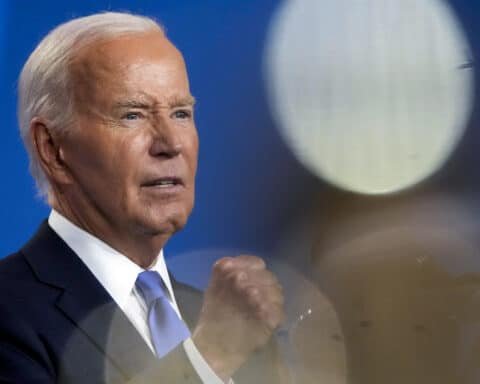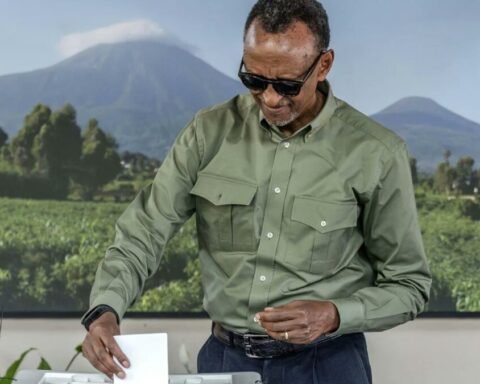The case of the recall of fourteen Citizens Coalition for Change (CCC) MPs and nine Senators, who failed to overturn their expulsion from parliament. After a disillusioned party member, Sengezo Tshabangu, claimed authority in recalling these lawmakers, may have been lost in the courts because Chamisa’s reluctance to stand up as leader and father of CCC in court.
The recalled lawmakers were unable to provide substantial evidence to challenge Tshabangu’s claims. The judge, Justice Munamato Mutevedzi, pointed out that the lawmakers failed to present the party constitution or any document disproving Tshabangu’s authority, ultimately leading to their unfavorable ruling.
In a recent courtroom showdown, the absence of CCC leader Nelson Chamisa took a toll on the party’s legal battle. The judge presiding over the case expressed astonishment at the oversight made by CCC lawmakers, emphasizing their failure to include the party itself, CCC, as a respondent in their application. The judge referred to this omission as a “mortal error,” highlighting the lawmakers’ misunderstanding of their roles within the party.
The judge’s ruling emphasized a fundamental concept: individual members cannot fully represent a political party in court. According to the judge, likening it to a situation where one cannot challenge the paternity of a brother without involving the parents, approaching the court without the party’s presence is naive. The party, as the parent entity, should have been present to address the claims made by the lawmakers and validate their stance.
Surprisingly, the case of Majaya and Others, where CCC leader Nelson Chamisa and the party he previously led, MDC Alliance, were also absent in court, didn’t offer any valuable lesson to Chamisa. The judge expressed puzzlement at Chamisa’s reluctance to appear in court, raising questions about his commitment to the party’s legal battles.
Chamisa’s absence left the courtroom in disbelief, and the judge’s remarks underscored the importance of political leaders understanding their responsibilities. The judge stressed that individual members cannot conflate their rights within the party with the broader responsibilities vested in the political entity itself.
This incident serves as a stark reminder to political leaders, including Nelson Chamisa, that their presence in court is not just symbolic but essential in legal matters. As the leader of CCC, Chamisa’s active involvement in legal proceedings is paramount, ensuring that the party’s interests are represented accurately and comprehensively. Failure to do so could result in missed opportunities and unfavorable judgments, as witnessed in this recent case.








